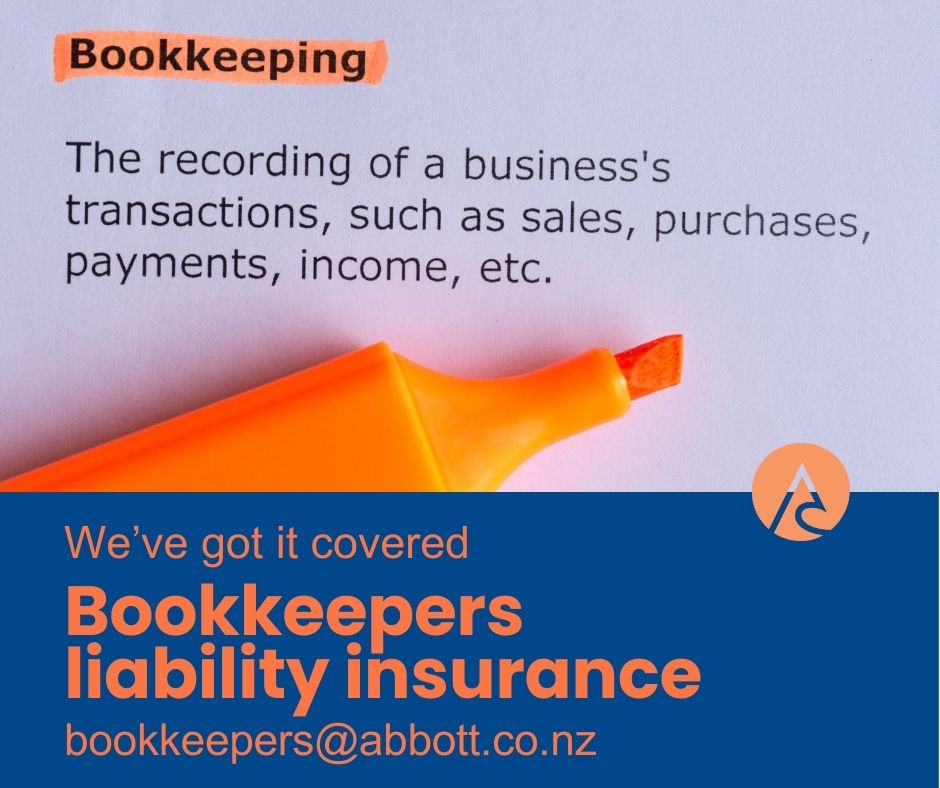All businesses that interact with other people, including contractors or consultants who work from home or visit client premises, or businesses with premises that clients or any members of the public can visit.
The type of insurance cover to protect you from this is General Liability Insurance.
Why you need it
A general liability claim could arise from virtually any property damage or personal injury (not covered by ACC) that happens at your business premises or home office, or while you’re visiting clients etc. that can be attributed to you or your employees in the course of your day-to-day business activities.
What does it cover me for?
Subject to the policy terms and conditions, General Liability Insurance will cover any compensation payments to third parties in the event of injury or death, the repair or replacement costs for damaged property and possessions, legal defence costs and court ordered settlements, including punitive and exemplary damages.


